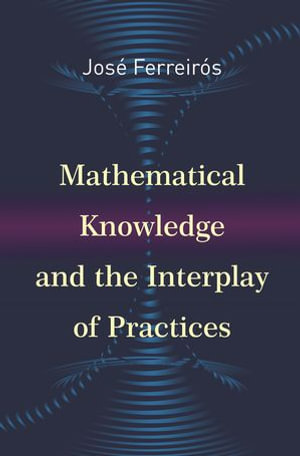
eBOOK
Mathematical Knowledge and the Interplay of Practices
By: José Ferreirós
eBook | 22 December 2015 | Edition Number 1
At a Glance
360 Pages
eBook
RRP $94.60
$75.99
20%OFF
or 4 interest-free payments of $19.00 with
orInstant Digital Delivery to your Booktopia Reader App
Read on
This book presents a new approach to the epistemology of mathematics by viewing mathematics as a human activity whose knowledge is intimately linked with practice. Charting an exciting new direction in the philosophy of mathematics, Jose Ferreiros uses the crucial idea of a continuum to provide an account of the development of mathematical knowledge that reflects the actual experience of doing math and makes sense of the perceived objectivity of mathematical results.
Describing a historically oriented, agent-based philosophy of mathematics, Ferreiros shows how the mathematical tradition evolved from Euclidean geometry to the real numbers and set-theoretic structures. He argues for the need to take into account a whole web of mathematical and other practices that are learned and linked by agents, and whose interplay acts as a constraint. Ferreiros demonstrates how advanced mathematics, far from being a priori, is based on hypotheses, in contrast to elementary math, which has strong cognitive and practical roots and therefore enjoys certainty.
Offering a wealth of philosophical and historical insights, Mathematical Knowledge and the Interplay of Practices challenges us to rethink some of our most basic assumptions about mathematics, its objectivity, and its relationship to culture and science.
Industry Reviews
Read on
Foreword xi
1 On Knowledge and Practices: A Manifesto 1
2 The Web of Practices 17
2.1. Historical Work on Practices 18
2.2. Philosophers Working on Practices 22
2.3. What Is Mathematical Practice, Then? 28
2.4. The Multiplicity of Practices 34
2.5. The Interplay of Practices and Its Basis 39
3 Agents and Frameworks 44
3.1. Frameworks and Related Matters 45
3.2. Interlude on Examplars 55
3.3. On Agents 59
3.4. Counting Practices and Cognitive Abilities 65
3.5. Further Remarks on Mathematics and Cognition 74
3.6. Agents and "Metamathematical" Views 79
3.7. On Systematic Links 83
4 Complementarity in Mathematics 89
4.1. Formula and Meaning 89
4.2. Formal Systems and Intended Models 94
4.3. Meaning in Mathematics: A Tentative Approach 99
4.4. The Case of Complex Numbers 104
5 Ancient Greek Mathematics: A Role for Diagrams 112
5.1. From the Technical to the Mathematical 113
5.2. The Elements: Getting Started 117
5.3. On the Euclidean Postulates: Ruling Diagrams (and Their Reading) 127
5.4. Diagram-Based Mathematics and Proofs 131
5.5. Agents, Idealization, and Abstractness 137
5.6. A Look at the Future-Our Past 147
6 Advanced Math: The Hypothetical Conception 153
6.1. The Hypothetical Conception: An Introduction 154
6.2. On Certainty and Objectivity 159
6.3. Elementary vs. Advanced: Geometry and the Continuum 163
6.4. Talking about Objects 170
6.5. Working with Hypotheses: AC and the Riemann Conjecture 176
7 Arithmetic Certainty 182
7.1. Basic Arithmetic 182
7.2. Counting Practices, Again 184
7.3. The Certainty of Basic Arithmetic 189
7.4. Further Clarifications 195
7.5. Model Theory of Arithmetic 198
7.6. Logical Issues: Classical or Intuitionistic Math? 200
8 Mathematics Developed: The Case of the Reals 206
8.1. Inventing the Reals 207
8.2. "Tenths" to the Infinite: Lambert and Newton 215
8.3. The Number Continuum 221
8.4. The Reinvention of the Reals 227
8.5. Simple Infinity and Arbitrary Infinity 231
8.6. Developing Mathematics 236
8.7. Mathematical Hypotheses and Scientific Practices 241
9 Objectivity in Mathematical Knowledge 247
9.1. Objectivity and Mathematical Hypotheses: A Simple Case 249
9.2. Cantor's "Purely Arithmetical" Proofs 253
9.3. Objectivity and Hypotheses, II: The Case of p(
 ) 257
) 2579.4. Arbitrary Sets and Choice 261
9.5. What about Cantor's Ordinal Numbers? 265
9.6. Objectivity and the Continuum Problem 273
10 The Problem of Conceptual Understanding 281
10.1. The Universe of Sets 283
10.2. A "Web-of- Practices" Look at the Cumulative Picture 290
10.3. Conceptual Understanding 296
10.4. Justifying Set Theory: Arguments Based on the Real-Number Continuum 305
10.5. By Way of Conclusion 310
References 315
Index 331
ISBN: 9781400874002
ISBN-10: 1400874009
Published: 22nd December 2015
Format: ePUB
Language: English
Number of Pages: 360
Audience: College, Tertiary and University
Publisher: Princeton University Press
Edition Number: 1
You Can Find This eBook In
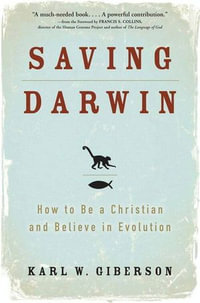
eBOOK
RRP $27.49
$21.99
OFF

eBOOK
RRP $31.89
$25.99
OFF

eBOOK
RRP $39.59
$31.99
OFF
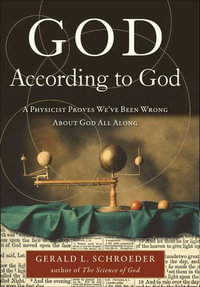
eBOOK
RRP $43.99
$35.99
OFF
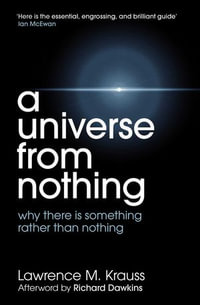
eBOOK
$14.99

eBOOK
RRP $27.49
$21.99
OFF
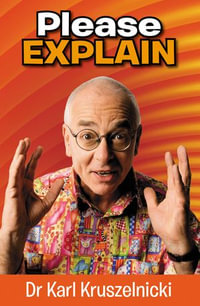
eBOOK
eBook
$10.99
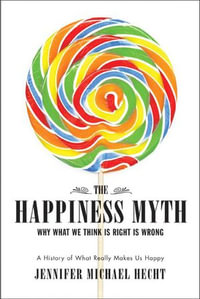
eBOOK
RRP $24.19
$19.99
OFF

eBOOK
RRP $13.19
$10.99
OFF
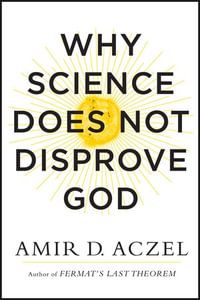
eBOOK
RRP $27.49
$21.99
OFF
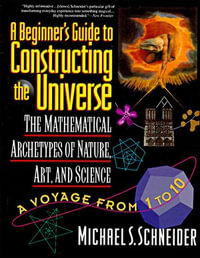
eBOOK
A Beginner's Guide to Constructing the Universe
The Mathematical Archetypes of Nature, Art, and Science
eBook
RRP $39.59
$31.99
OFF












